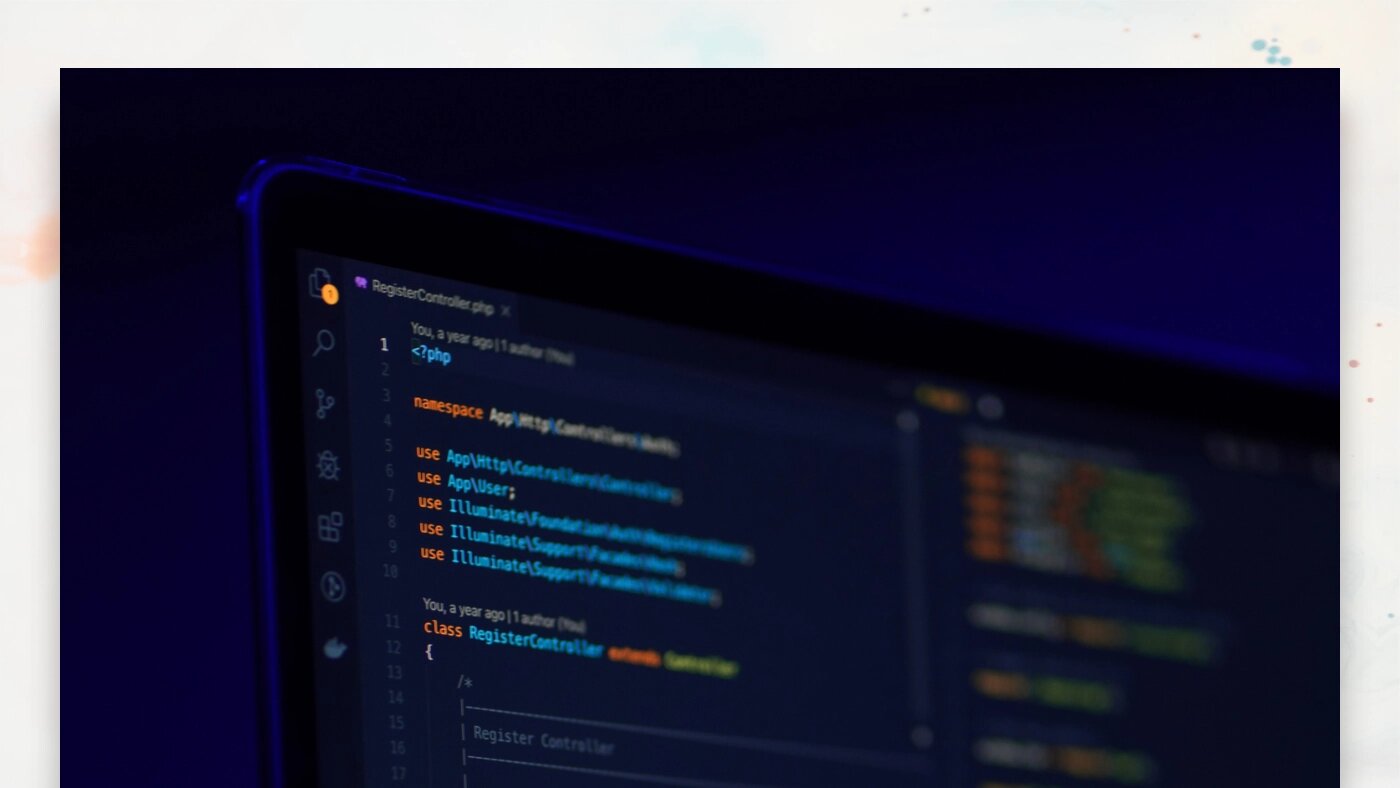Pages & Sections
-
Summary of page types
Find here a summary of the templates available at Portfoliobox: Text & Contact, Gallery, Links, Store, Blog, Cover, Team, Services, CV, Testimonials, Event, FAQ
Portfoliobox 4 | Learn Pages & Sections Pages Types & Templates | Created on: March 9, 2022
-
Password Protected Pages
You can set a password to your Protected Pages and share them with your clients. Password Protected Pages don't come up in Google Search results.
Portfoliobox 4 | Learn Pages & Sections Pages Types & Templates | Created on: May 11, 2022
-
Understand Pages, Sections, & Elements
Grasp the difference between pages, sections, and elements in your Portfoliobox website.
Portfoliobox 4 | Learn Pages & Sections Page Basics | Created on: November 7, 2022
-
Edit Section Styles
Your section styles can be edited, allowing you to change its: Margins, Background & Borders, Animations, & Mobile Styles.
Portfoliobox 4 | Learn Pages & Sections Sections | Created on: December 16, 2022
-
Change Page Template
If you have created a page, you can change its template if you want. All you need to do is follow the guide below
Portfoliobox 4 | Learn Pages & Sections Pages Types & Templates | Created on: June 21, 2023
-
Delete a page
To delete an existing page: Click on Manage Pages button at the upper left corner of your admin site Select Edit existing pages. Mouseover the page you want to
Portfoliobox 4 | Learn Pages & Sections Page Basics | Created on: February 17, 2021
-
Unpublish / publish a page
Unpublishing a page allows you to work on a page as a draft before publishing it. This means that the page still exists but is not visible or accessible to your
Portfoliobox 4 | Learn Pages & Sections Settings of the page | Created on: February 18, 2021
-
Duplicate a section
When duplicating a section, the entire section, its layout and styling options are identically duplicated to a page of your choice.
Portfoliobox 4 | Learn Pages & Sections Sections | Created on: February 19, 2021
-
Add a page to the menu
Learn how to add a page to the menu of your online portfolio
Portfoliobox 4 | Learn Pages & Sections Settings of the page | Created on: September 8, 2021
-
Edit a page title
Each page on your website has its own title. It's important to choose it thoroughly. It will help you be visible in search engines page results.
Portfoliobox 4 | Learn Pages & Sections Settings of the page | Created on: November 11, 2022
-
Rename the sections on a page
Learn how you can rename the sections on your page.
Portfoliobox 4 | Learn Pages & Sections Sections | Created on: May 30, 2023
-
Create a page
Learn how to create a page on Portfoliobox effortlessly, showcasing your work beautifully online. No technical skills are required!
Portfoliobox 4 | Learn Pages & Sections Page Basics | Created on: February 16, 2021
-
Add a section to a page
Every page that you create on your site is what we call a section page. This means that you can add sections under the initial content of the page.
Portfoliobox 4 | Learn Pages & Sections Sections | Created on: February 18, 2021
-
Cover Templates
The cover page is the first thing visitors see when they land on your website: an image, a Header, a few words. It is essential to make a good impression.
Portfoliobox 4 | Learn Pages & Sections Pages Types & Templates | Created on: March 9, 2022
-
Create a link page
A Link page is a page type that displays links to other pages. It allows you to gather a collection of pages on a single page. See how in this article.
Portfoliobox 4 | Learn Pages & Sections Pages Types & Templates | Created on: November 14, 2022
-
Template settings
When creating a Portfoliobox website, you will choose a style: Minimalistic, Medium, or Large. The style chosen will affect different elements of your website.
Portfoliobox 4 | Learn Pages & Sections Pages Types & Templates | Created on: March 22, 2023
-
Change the URL of a page
By default the URL of a page is based on its title. If the title of your page is "About", the url of your page will be www.yourdomain.com/about.
Portfoliobox 4 | Learn Pages & Sections Settings of the page | Created on: May 7, 2021
-
Hide the menu on a page
By default, the menu display on every page of your website. Learn how to hide the menu from a specific page on your Portfoliobox website.
Portfoliobox 4 | Learn Pages & Sections Settings of the page | Created on: September 8, 2021
-
Gallery Pages
Learn how you can add a gallery page to your website.
Portfoliobox 4 | Learn Pages & Sections Pages Types & Templates | Created on: June 23, 2023
-
Edit your pages
Edit the content of a page Edit an element on the page you are looking at Click on the edit icon next to any element on the page. This icon will appear every
Portfoliobox 4 | Learn Pages & Sections Page Basics | Created on: February 16, 2021
-
Set a Startpage for your website
Your start page is the page that displays when you first visit your site. You can set any page on your site as your start page. By default, your start page is
Portfoliobox 4 | Learn Pages & Sections Page Basics | Created on: February 17, 2021
-
Page settings overview
Page settings allow you configure everything beyond the content of a page. Edit its title and url, duplicate or unpublish it, edit SEO settings or delete it.
Portfoliobox 4 | Learn Pages & Sections Settings of the page | Created on: February 17, 2021
-
Duplicate a page
In Portfoliobox 4, you have the possibility to duplicate pages. This allows you to have the exact same layout on different pages, without having to recreate it
Portfoliobox 4 | Learn Pages & Sections Page Basics | Created on: February 18, 2021
-
Change the order of sections
After having created several sections on your page, you can reorder them. Click on Edit section, at the top right hand corner of the section. Choose Reorder
Portfoliobox 4 | Learn Pages & Sections Sections | Created on: February 18, 2021
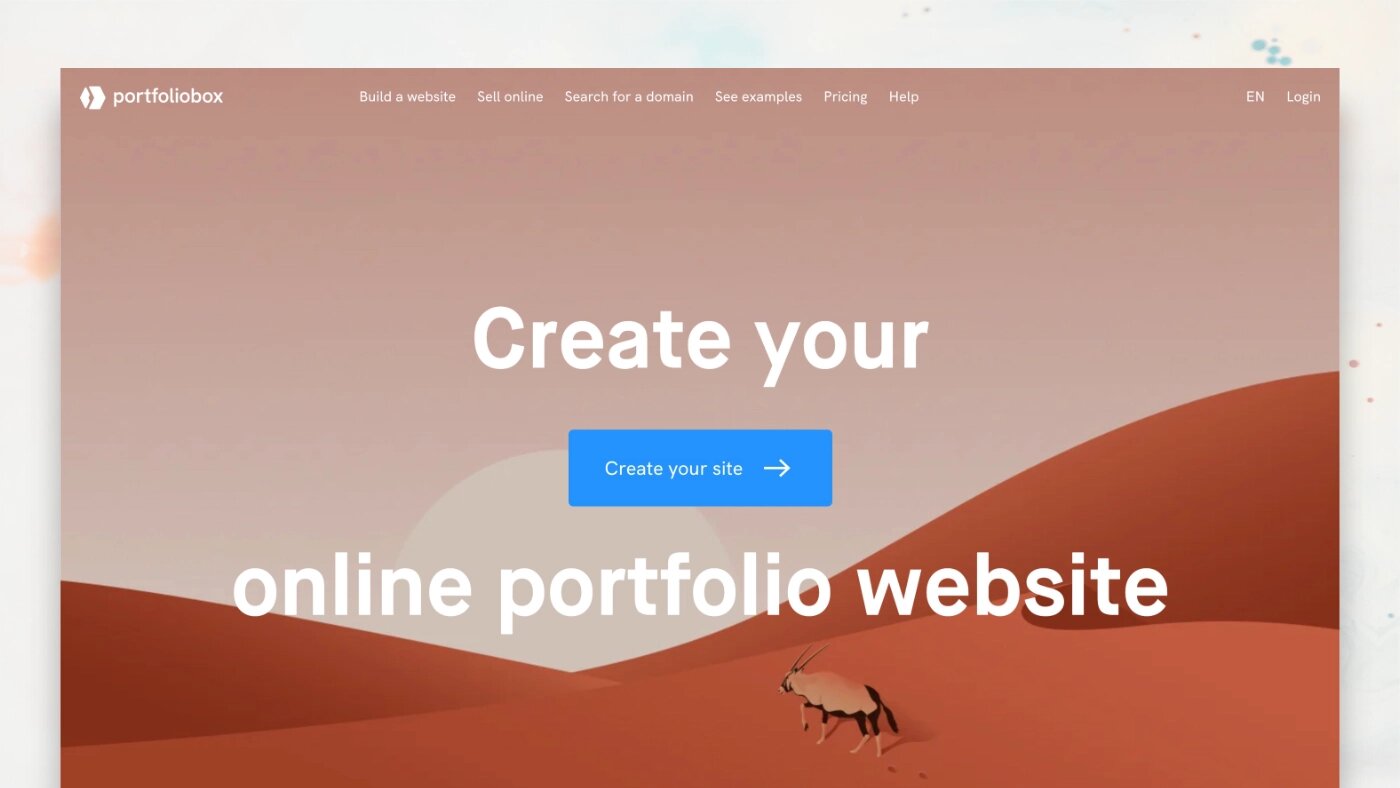
Create your first website
Sign up to Portfoliobox
Create your first page
Summary of page types
Understand Pages, Sections, & Elements
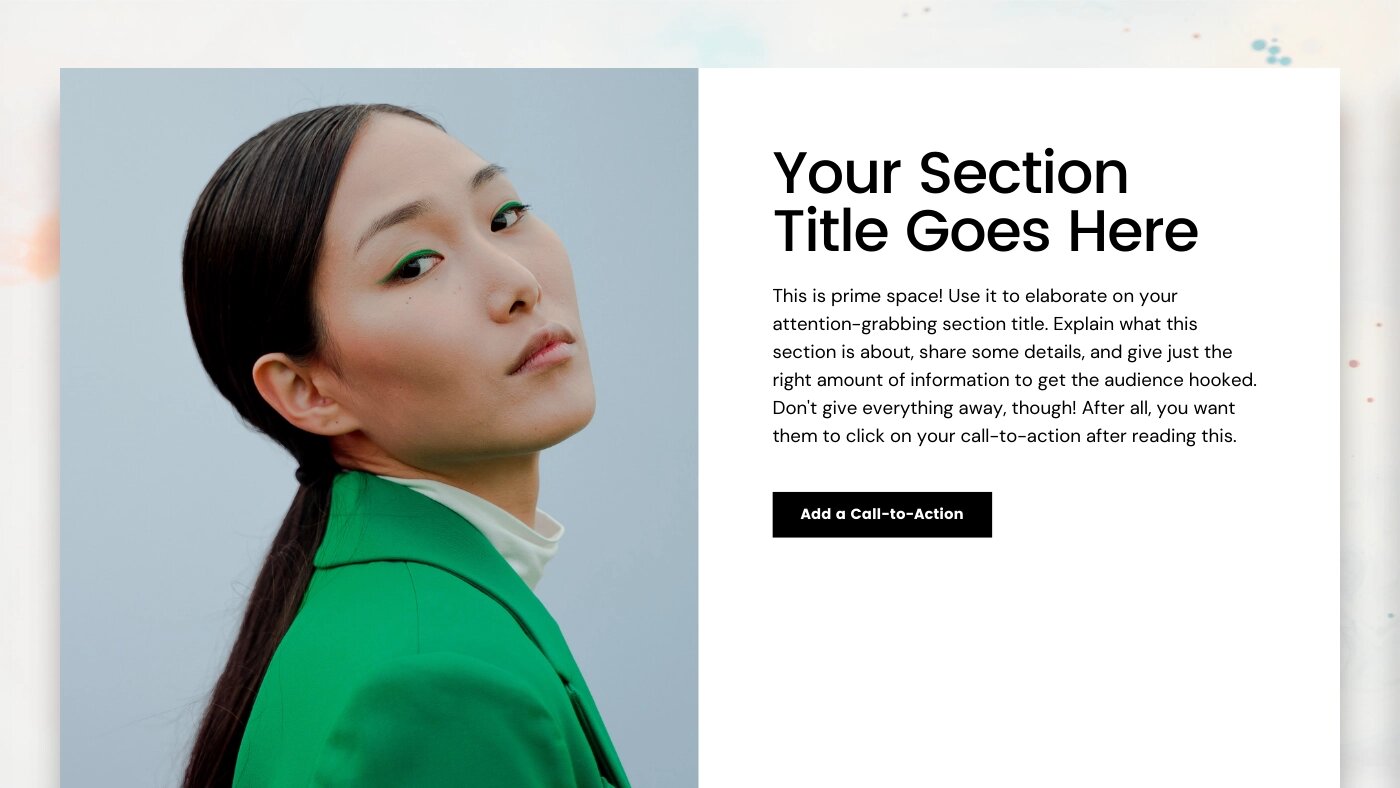
Add content to your website
Add a section to a page
Add an element within a section
Integrations & third-party elements
Add Image and Video content
Duplicate your content
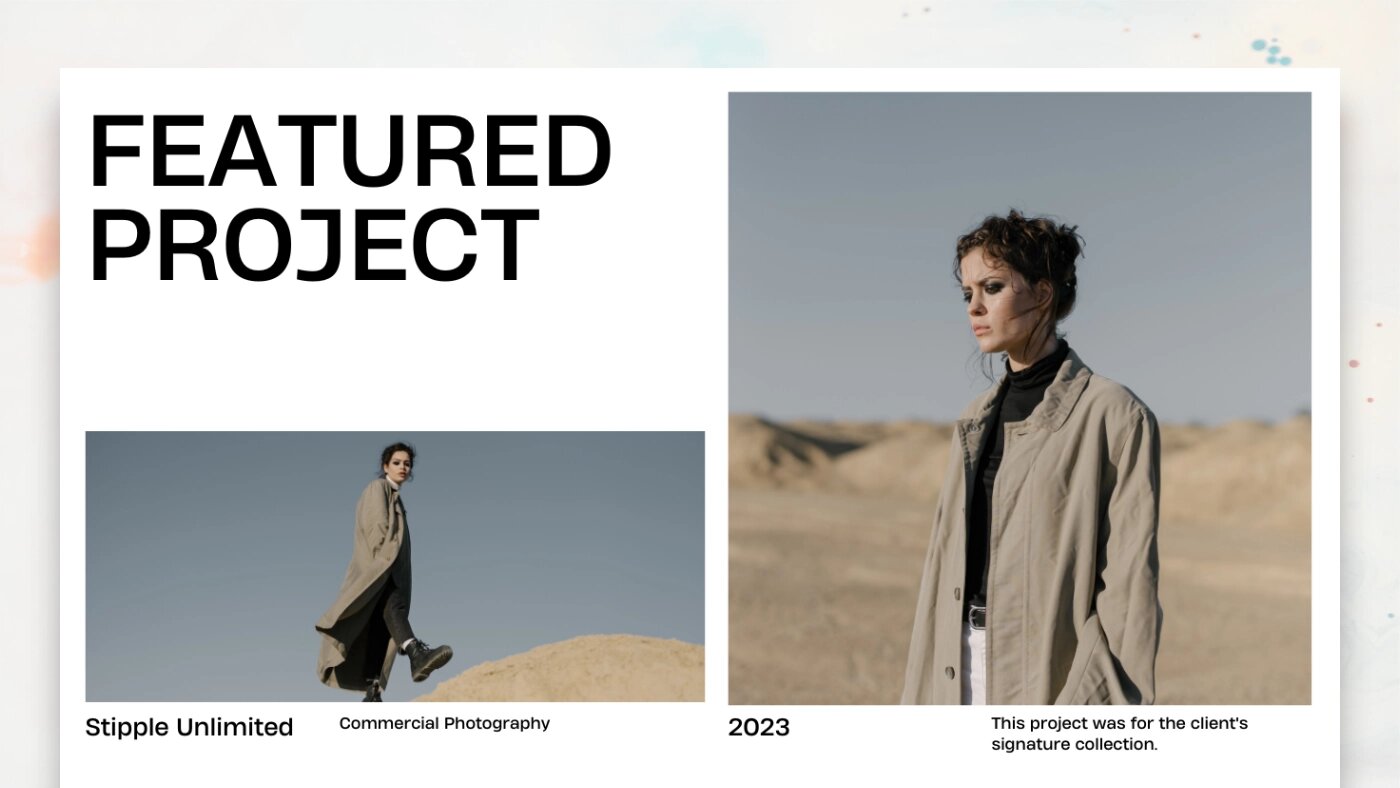
Organise your content
Set a Startpage for your website
Unpublish / publish a page
Change the URL of a page
Understand menu and navigation
Create a link page
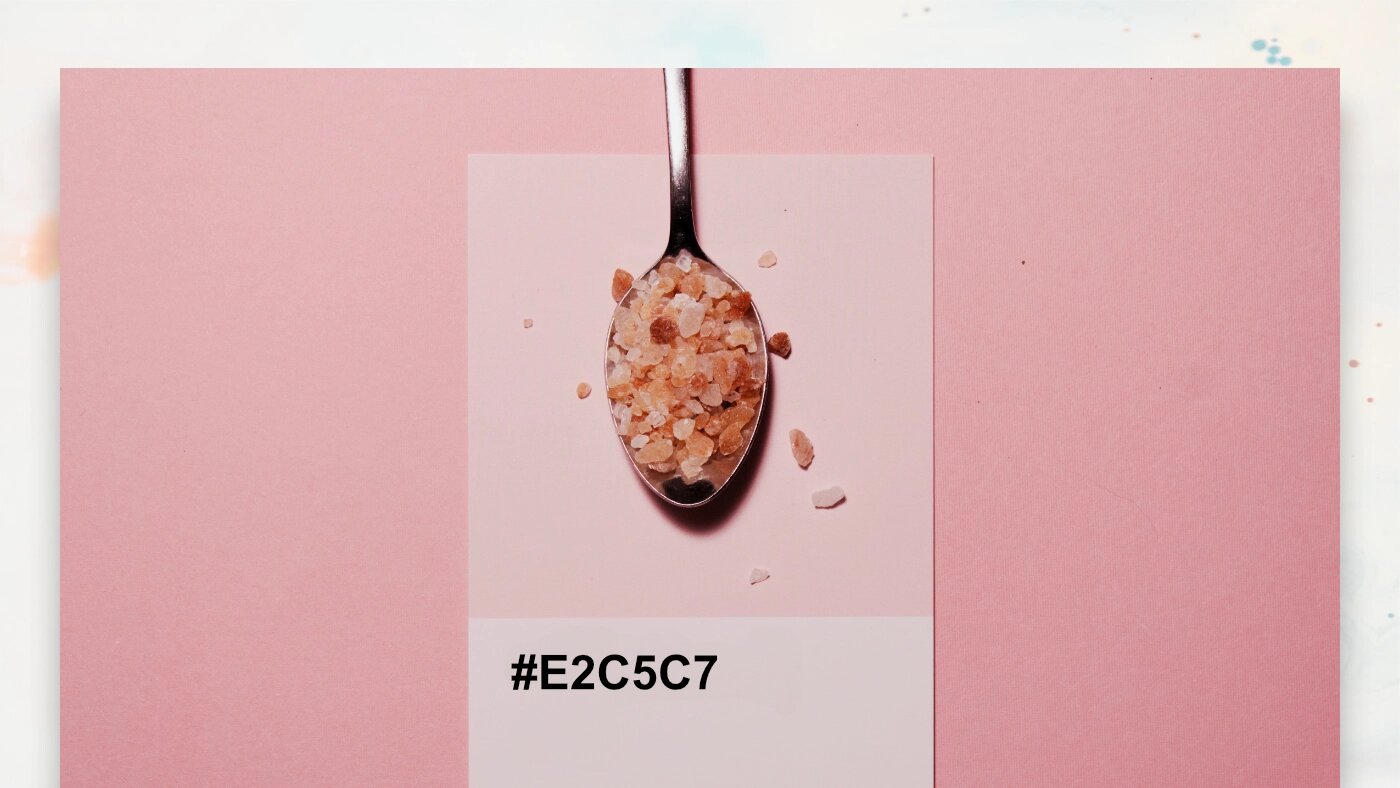
Style your content
Margins, padding & position
Edit the mobile version of your portfolio
Ready-made styles
Understand Styles
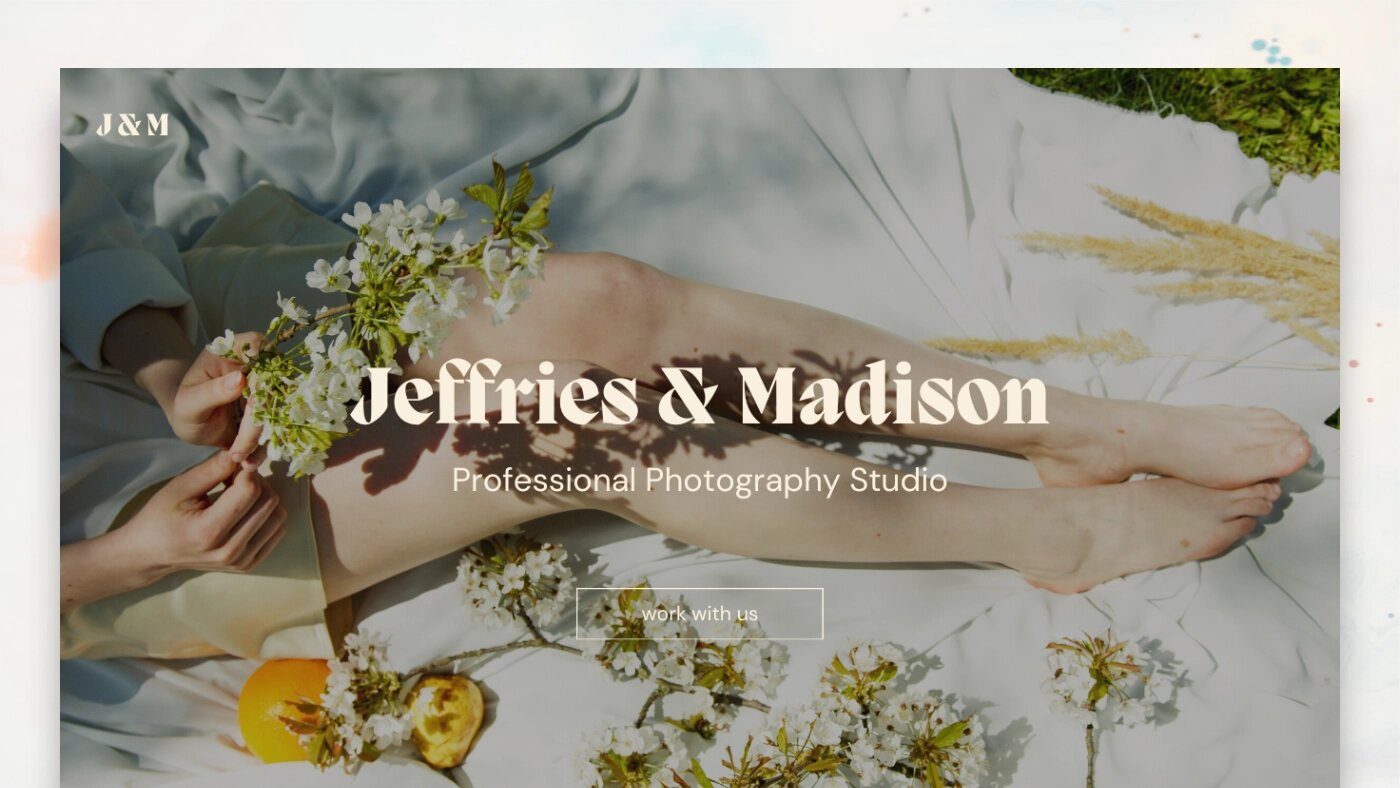
Publish your site
Preview your website before publishing it
Share your website
Choose a domain name
Connect a custom domain
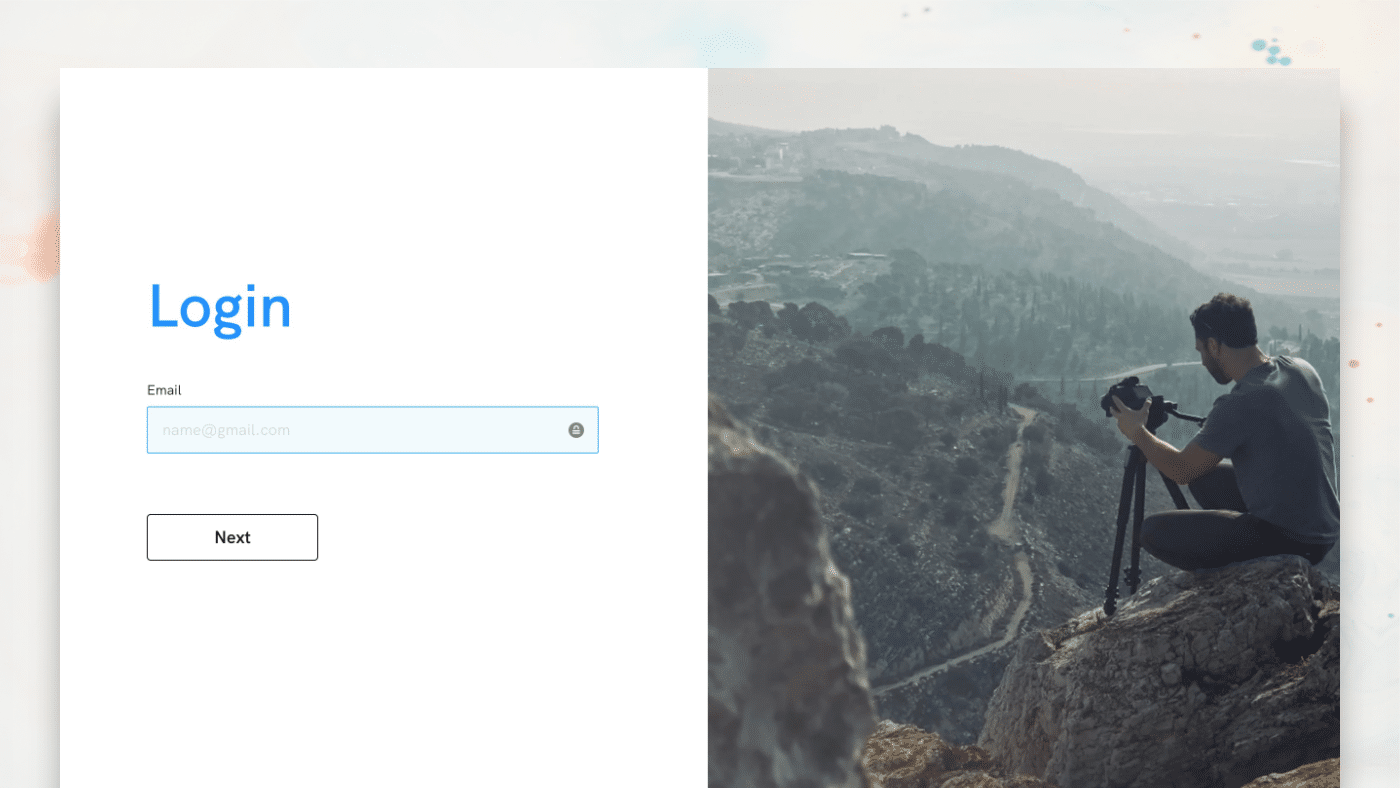
Account & Subscription
Migration to Portfoliobox 4
Choose the right plan
Upgrade your website
Your subscription

Search Engine Optimisation
What is SEO?
Google Search Console
Improve your website visibility
Add Alt-text to your images
Portfoliobox ${pbVer}: Search Result
-
${data.post_title}
${data.post_meta_description}
${formatDate(data.post_created_at)} | ${data.parent_title} ${data.child_title}
